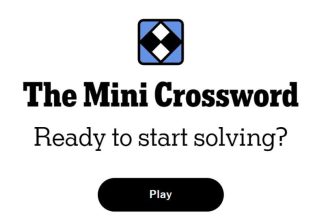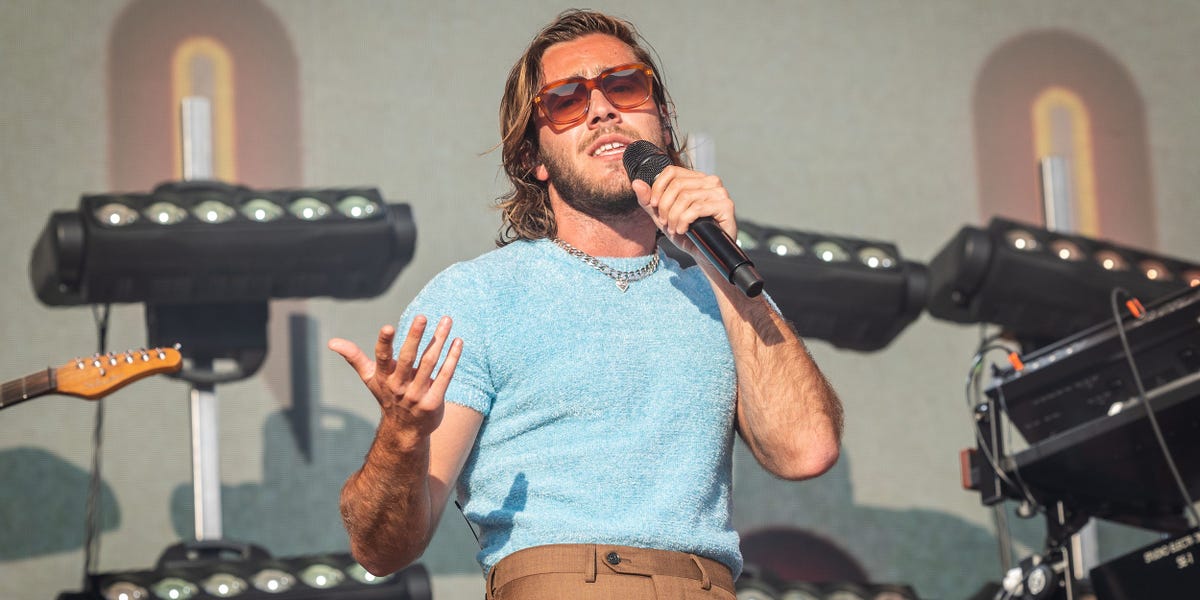TikTok and Universal Music Group are at an impasse in their fight over song licensing.
After their existing contract expired last month, tracks from popular artists like Olivia Rodrigo and Taylor Swift are off the app, with more set to be removed from UMG’s publishing catalog at the end of February. TikTok has muted existing videos featuring the delisted songs, with no immediate resolution to the business dispute in sight.
But for music marketers tasked with helping artists and new releases go viral on social media, the show must go on.
TikTok isn’t the only short-video app in town, and many marketers immediately shifted their influencer-marketing strategies for UMG performers to Instagram reels or YouTube shorts. Others are encouraging creators and performers to use unofficial, user-uploaded versions of UMG artists’ songs in TikTok videos.
On the other side, some marketers see an opportunity amid the TikTok-UMG feud. A few marketers are asking TikTok creators to swap in audio from non-UMG artists onto existing popular videos that were suddenly muted on February 1.
Business Insider spoke with four music marketers about how they’ve shifted strategies in recent weeks.
“We’ve seen a lot of campaigns that were active on TikTok that can no longer be active shift to reels almost immediately,” Simon Friend, COO of the music-marketing firm, Round Group, told BI.
Instagram reels was already an effective marketing platform for the firm, which saw videos on the app generate more views than TikToks in seven out of 10 song-marketing campaigns run in the past three months, according to data the company shared with BI.
Other marketers have similarly shifted promotional efforts from TikTok to reels for UMG songs. Timothy Collins, CEO of Creed Media, pointed to Benjamin Ingrosso’s 2024 release “Kite” as an example of a track that saw a spike in user-generated Instagram videos after its audio was pulled from TikTok.
“Artists such as Benjamin, and record labels such as those connected to Universal Music Group, are leaning into the opportunity of experimenting on platforms which are still seeing growth and development within the short-form vertical,” Collins said.
Still, even without UMG artists’ songs, TikTok remains a critical part of the song-marketing playbook, music marketers told BI.
Several said that in the absence of official UMG tracks on the app, they’ve been leaning into user-uploaded versions of those songs that were not immediately pulled from TikTok during the contract dispute.
These unofficial tracks, often sped up or slowed down, are very popular on TikTok, sometimes outperforming an artist’s official version. Some marketers are asking creators to swap in these unofficial tracks into muted videos to promote the UMG artists, several of the music marketers said.
Meanwhile, others are looking for opportunities to slide in audio from a non-UMG performer into a video that has momentum, according to two industry sources who either worked on the strategy or were asked to participate in it.
Overall, tracks that weren’t impacted by the UMG-TikTok dispute also got a pretty healthy bump in views beginning on February 1, Friend said. “A lot of original sounds that are Universal tracks, so I’m guessing stuff that TikTok hasn’t flagged yet, also seeing a big increase,” he said.
“We tend to see much better kind of engagement from the audiences at large if it’s an original [sound] because it doesn’t look like an ad,” he added.
February 12, 2024, 6:25 p.m. ET: This story has been updated with clarifying language.
Read the full article here





